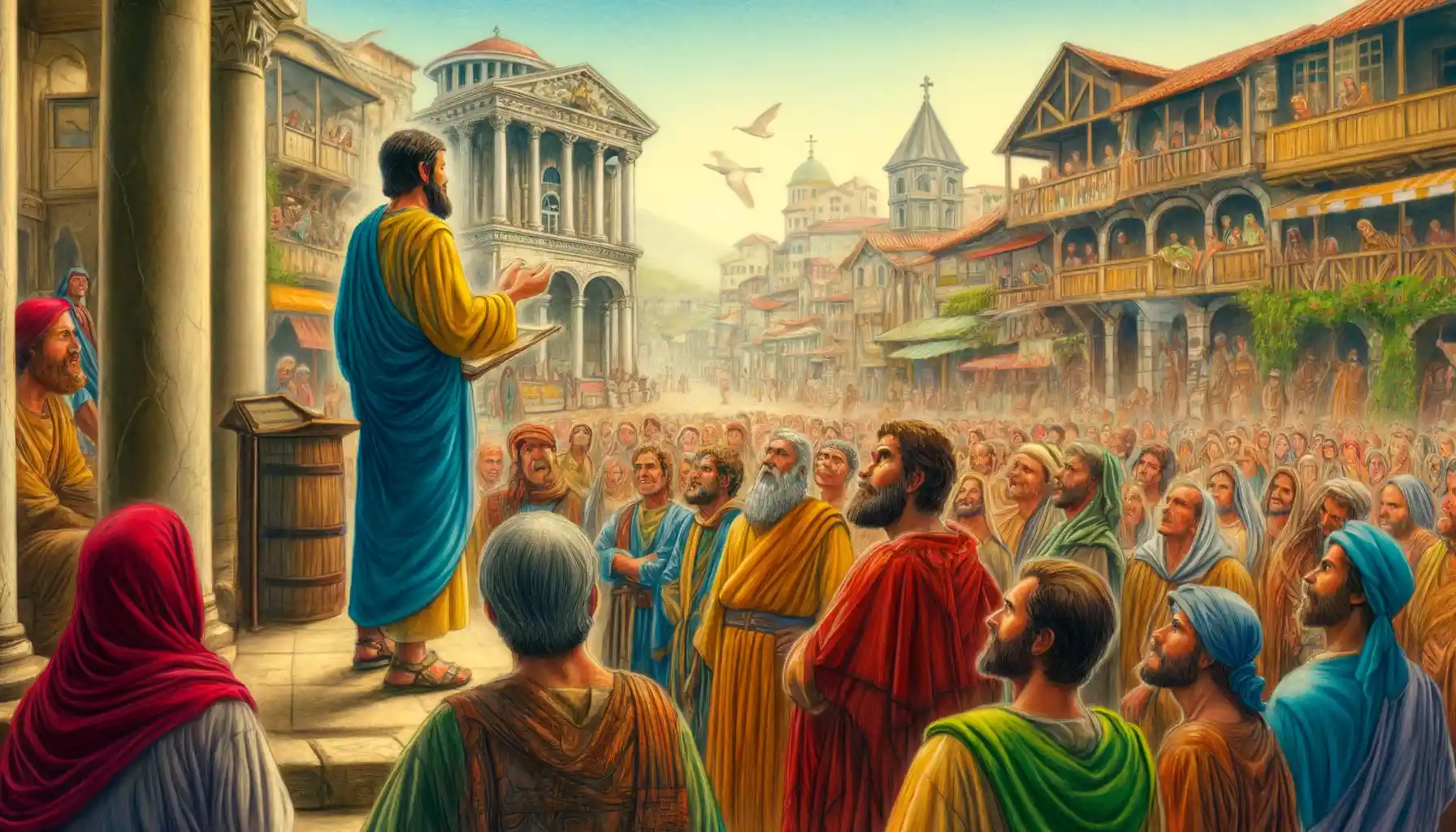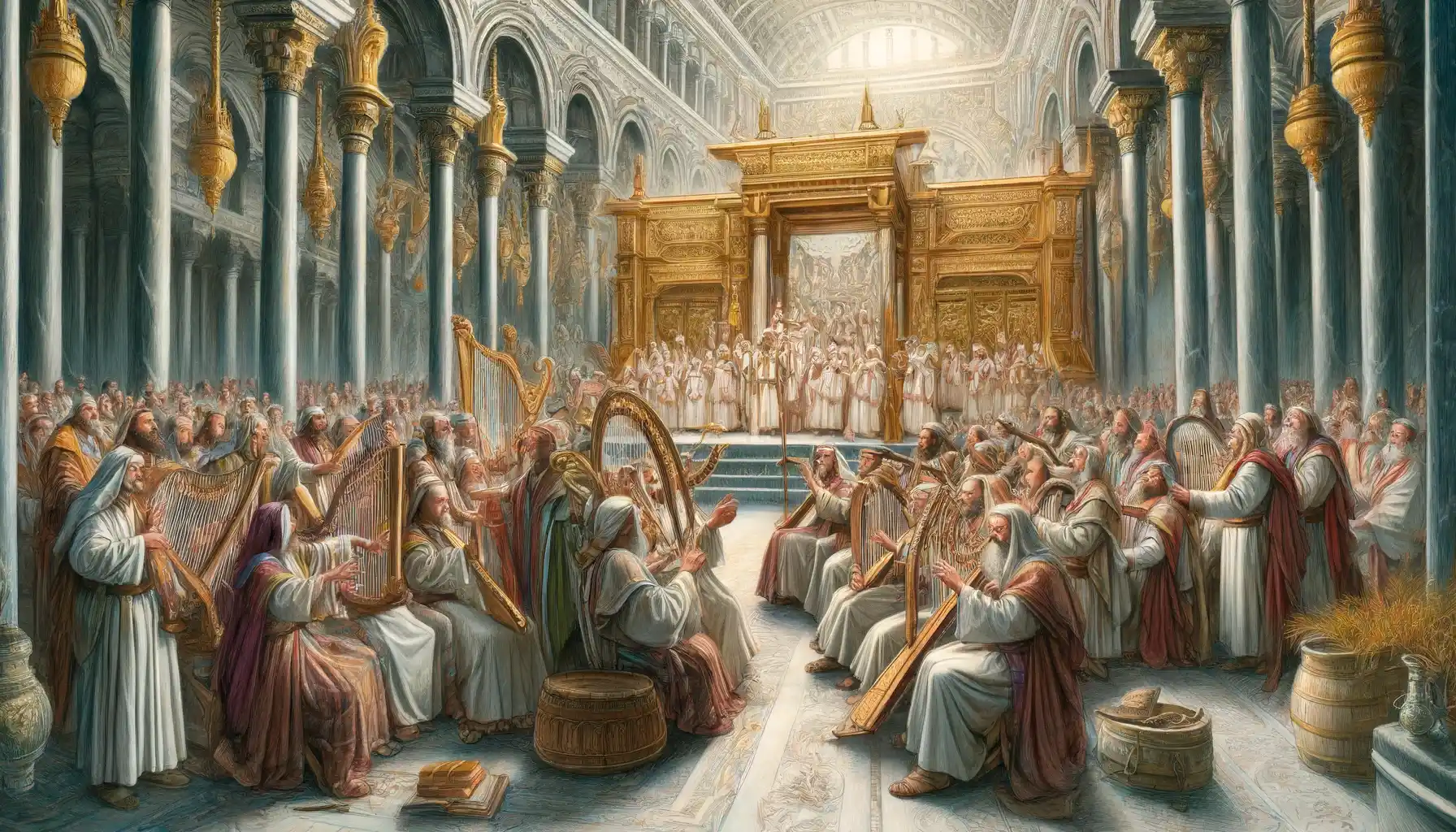The Book of Hebrews presents Jesus Christ as the supreme revelation of God, emphasizing His superiority over all other forms of revelation and urging believers to place their trust fully in Him for salvation and perseverance in the faith.
The Book of 1 Thessalonians provides early Christians with practical guidance for holy living, reassurance concerning Christ’s return, and encouragement to persevere in faith amidst persecution.
The Book of Romans is foundational for understanding Christian doctrine, particularly Pauline theology, and remains a cornerstone for theological reflection and discourse within Christianity.
The Gospel of John remains a foundational text for Christian theology, offering a rich and deeply spiritual perspective on Jesus Christ’s identity and His teachings.
The Gospel of Luke is notable for its narrative richness, theological depth, and emphasis on the compassionate and universal nature of Jesus’ ministry.
The Gospel of Matthew is rich in theology and Christology, making it a foundational text for understanding Christian doctrine and the narrative of Jesus’ life as both a fulfillment of and a break from Jewish tradition.
The Book of Habakkuk offers a profound reflection on the complexities of divine justice, the problem of evil, and the essence of true faith.
The Book of Psalms remains one of the most cherished and widely read books in the Bible, rich in poetry and emotion, reflecting the depth and complexity of the human experience with the divine.
The Book of Job is a rich literary and theological work that invites reflection on some of life’s most profound questions, making it a timeless and universally relevant text.
Joshua, the successor of Moses, exemplified unwavering faith and obedience to God as he led the Israelites in the conquest of Canaan, fulfilling divine promises and establishing a legacy of leadership grounded in commitment to God’s commandments.










